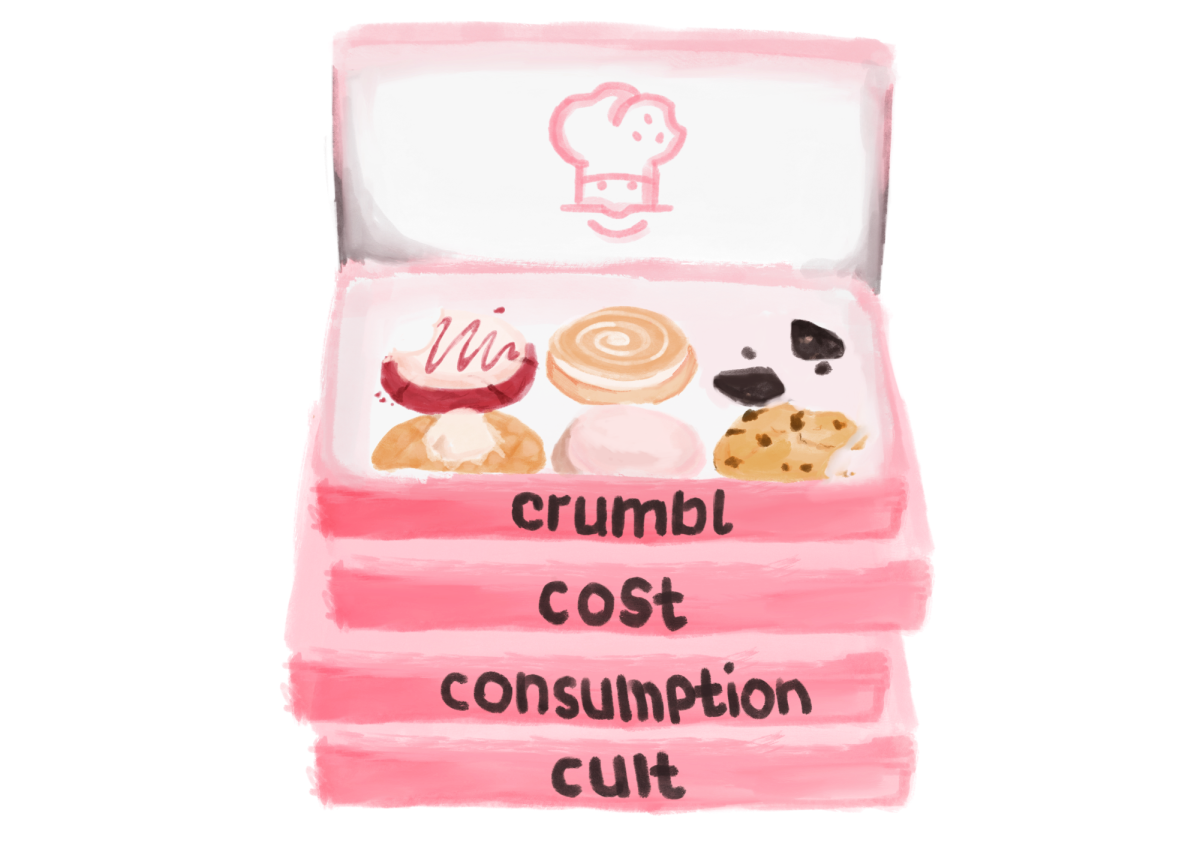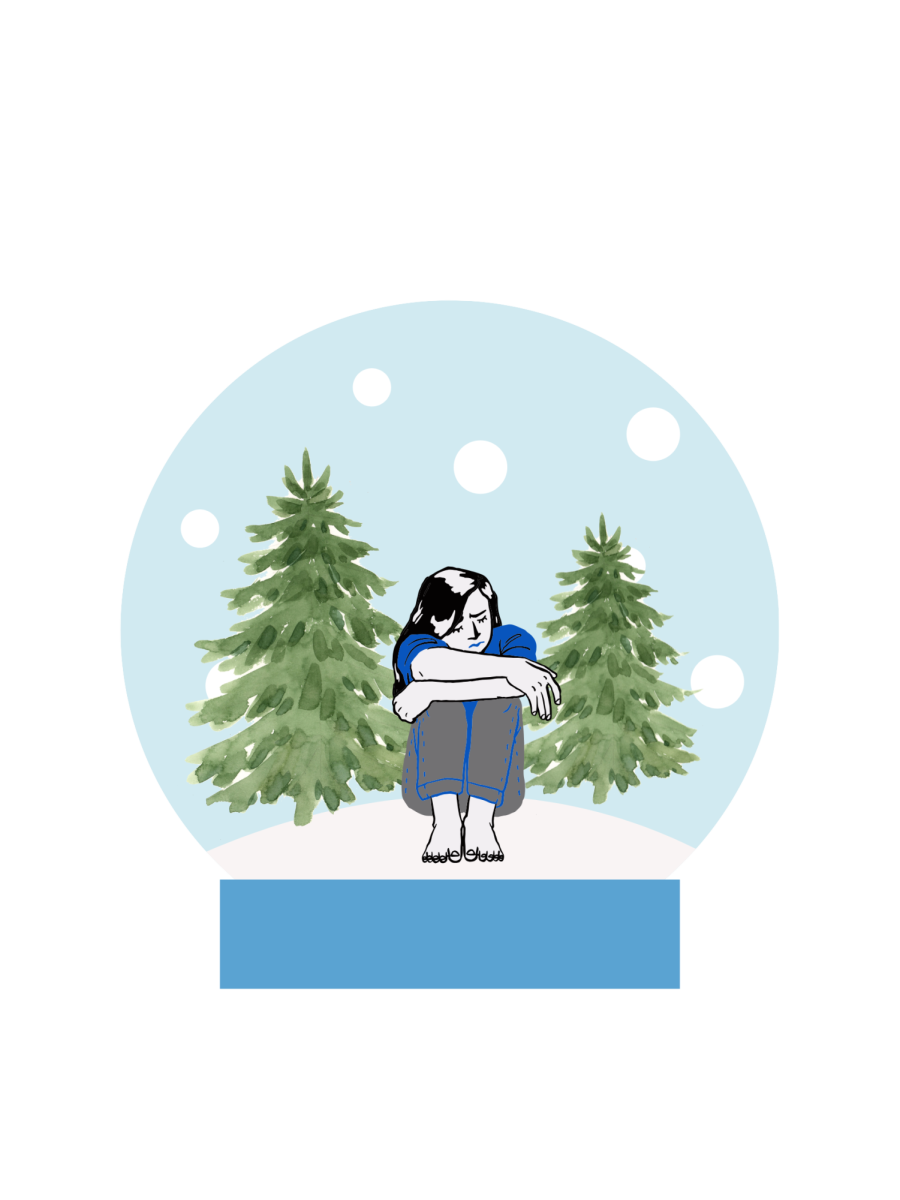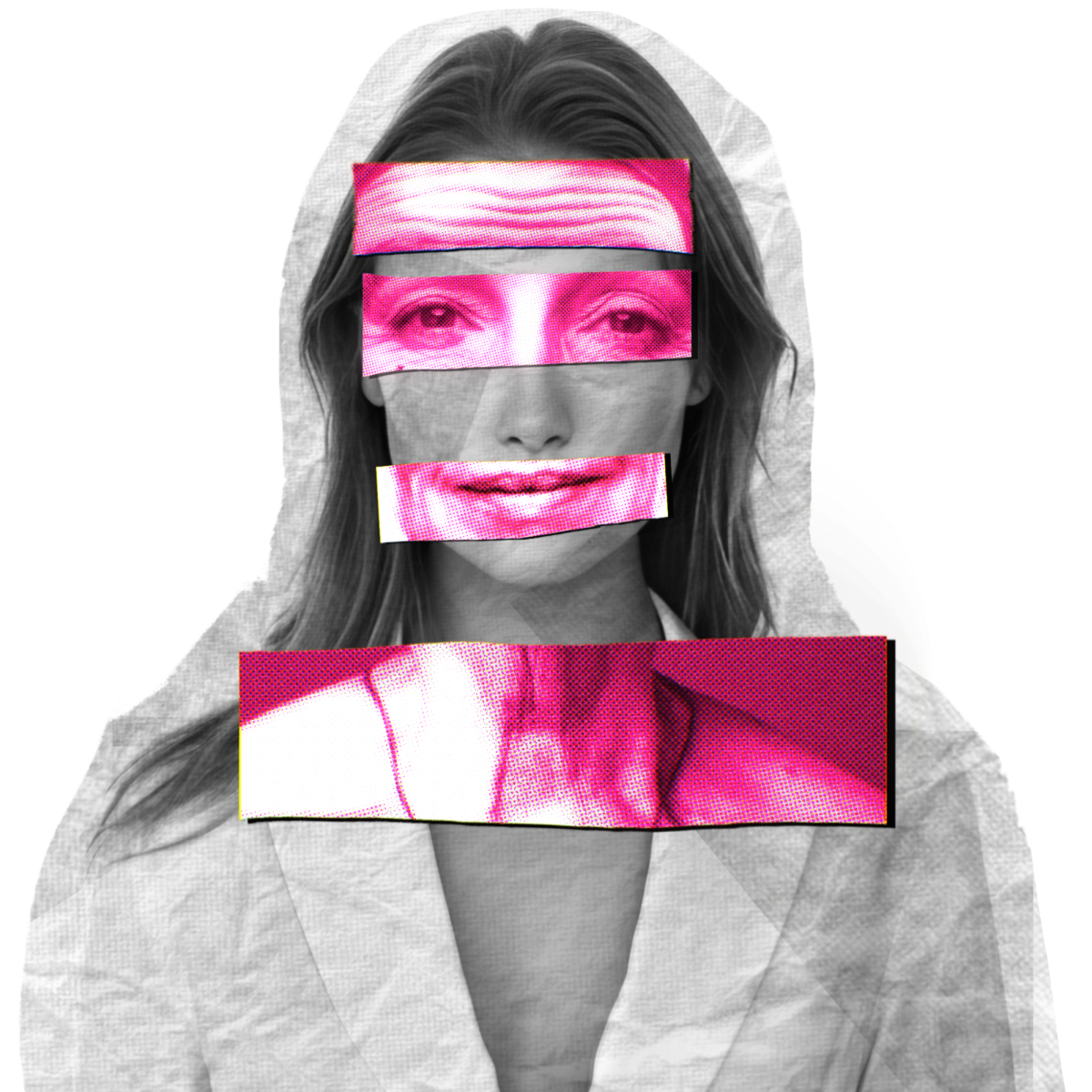
A recent outbreak of mononucleosis has caused a paranoia within the local community, especially among teenagers. While it is common to joke about the kissing disease and dismiss it, there should be precautions taken during times when it is surging or spreading nearby..
To give a brief background, mono is a viral infection most often caused by EBV, the Epstein-Barr virus, and sometimes from other rare viruses. While it has a stigma regarding it’s contraction, it is not by definition an STD, a Sexually Transmitted Disease, though it can be transmitted through sexual contacts and in cases is considered an STI, a Sexually Transmitted Infection.
So, how is mono contracted? By popular name, the kissing disease, mono is known famously for being able to be contracted through kissing. This infection is transmitted through direct sharing of saliva from a person infected with mononucleosis. It is not only transmitted through “kissing” as some people may think: it is contracted from saliva in any form of exposure, including through food and drinks.
While it is a contagious disease, it is not considered a serious illness. Most people with mono get better in two to four weeks, though some symptoms like fatigue may linger for additional weeks, according to the CDC.
Mono is common among the age groups of teenagers and young adults, especially college students. According to the CDC, more than 95 percent of adults between 35 and 40 have been infected before.
So, is it really all that bad after all? The good thing is, it’s not airborne–it’s through bodily fluids (typically saliva). There are precautions that can be taken to prevent contraction of mono. The scary thing? It typically takes four to six weeks for symptoms of infectious mononucleosis to appear after an EBV infection. Symptoms such as extreme fatigue, fever, sore throat, headaches and body aches, swollen lymph nodes in the neck and armpits, swollen liver or spleen or both, and rashes may develop at a slow rate, or possibly not all occur simultaneously.
In rare cases, mono can lead to more dangerous exposures due to a weakened immune system, or cause other complications with inflammation leading to more serious diseases. Diagnoses for mono are commonly labelled based on symptoms rather than lab tests, so keeping an eye out for symptoms is crucial.
If infected with mono, it is recommended by the CDC to drinking fluids to stay hydrated, get plenty of rest, take over-the-counter medications for pain and fever, and avoid contact-sports to not rupture the spleen.
There is no vaccine to protect against infectious mononucleosis, so here are some tips for avoiding contracting it:
- Avoid close contact with those infected with mono – especially actions like kissing or anything that involves the sharing of saliva
- Avoid sharing cups, utensils, lip balms, toothbrushes, straws, or other objects that come into contact with another’s saliva
- Clean your personal belongings, like waterbottles, more frequently and be extra mindful of germs
- Communicate with others if yourself or others suspect symptoms of mono
































